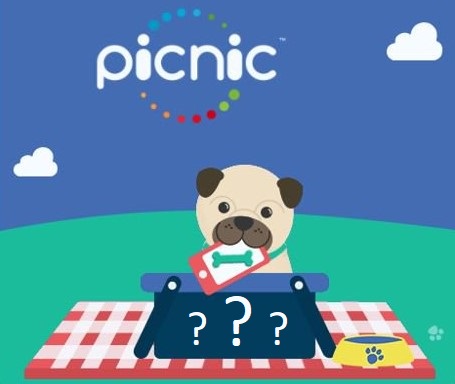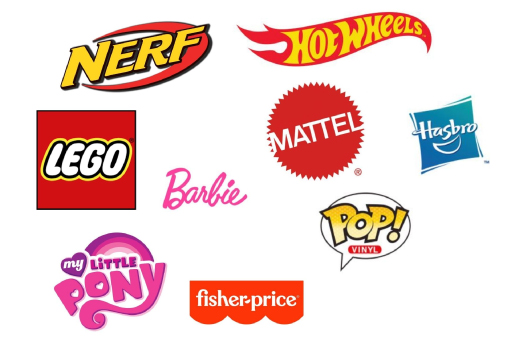
by Steve Bocska
Steve is the CEO and founder of PUG Interactive Inc., a company specializing in maximizing lifetime customer value through relationship orchestration. With over 20 years of experience in the gaming industry, Steve focuses on applying loyalty, engagement, and gamification to enhance user experiences in non-game contexts.
Customers who actively participate in engaging contests and game-like loyalty programs often become highly passionate, deeply engaged, and even vocal about their experiences. As such, it’s important to maintain perspective when delving into customer reviews, social media comments, and online discussions. Negative feedback encountered in these spaces isn’t necessarily a bad sign; in fact, it often reflects a beneficial level of passion and enthusiasm.
Frustration is bound to emerge at some point in contests, programs, or game-like experiences where there is something at stake. However, it’s important to recognize that this frustration is most often very temporary. It’s not uncommon to witness players in a game expressing their frustration in passionate—even angry—ways. These moments of anger might be triggered by slow progress, unexpected results, other players, or unbalanced rules. While this might appear counterintuitive, it actually underscores the person’s investment in the game. Their emotional reaction demonstrates that they care deeply about their experiences. The intriguing paradox is that, despite their anger, these customers continue to come back for more. This showcases their dedication and determination to conquer challenges and enjoy the game they love.
Those who express frustration about “unfairness,” difficulty spikes, complexity, or challenging mechanics are often just momentarily questioning the fairness and balance of the experience. Most people crave challenges, especially those that can be overcome with perseverance, skill, or strategy, rather than ones that feel insurmountable due to poor design. By providing a suitable payoff at the right time, you’ll often find that these customers become more loyal to your brand than ever before. While complaints and frustration are natural aspects of many such experiences, timing plays a crucial role. The designers of these programs and campaigns have a responsibility to listen to player feedback and address issues promptly. When frustration evolves from being motivating to discouraging, players might start losing interest. Effective communication and timely updates that address player concerns can transform frustration into satisfaction, thus keeping players engaged and motivated to continue their journey.
Ironically, an even worse scenario in the business world might not be a flood of complaints, but rather the absence of them. Individuals who invest time, effort, and emotions into a game, contest, or activity are more likely to form a strong bond with it. They deeply care about their experiences and are committed to seeing them through to their natural conclusion. Complaints emerge from a place of caring—customers want the experience to be better, and they believe it has the potential to be improved. Conversely, apathetic customers who don’t voice their concerns indicate a complete disconnection from the brand. They’ve become indifferent, and this indifference can be more harmful than frustration. Apathy suggests that the experience has failed to capture their interest and passion, signaling a lack of engagement and, ultimately, a dwindling customer base.
Ultimately, it’s important to remind ourselves that complaints are not necessarily indicative of dissatisfaction with your brand. Instead, they might reveal a deep-seated passion, engagement, and investment that can be channeled into a more enriching and satisfying brand-customer relationship. Temporary frustration is a natural part of the journey and can lead to sustained engagement and a thriving customer community. So, when you encounter a string of complaints, remind yourself that it’s a signal that your customers care deeply about the program and want it to be the best it can be.
Keep Reading...

World of PUG Blog April 3, 2024
PUG Announces Launch of AI-Driven Intelligent Rewards System (IRS)
by Steve BocskaPress ReleaseFOR IMMEDIATE RELEASEPUG Interactive Launches Intelligent Rewards

World of PUG Blog April 3, 2024
PUG Interactive Unveils InsightPulse: A Revolutionary Predictive AI Analytics Dashboard
by Steve BocskaPress ReleaseFOR IMMEDIATE RELEASEPUG Interactive Unveils InsightPulse: A

World of PUG Blog March 21, 2024
Building Bonds: The Future of Family-Focused Loyalty Programs
by Steve BocskaThe children's toy industry, home to iconic brands


